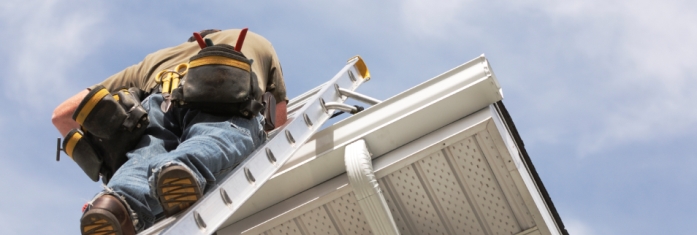Tradesmen: Home Improvement Deposits FAQs
29 Apr 2014
Tradesmen: should you ask for a deposit up front? If so, how much? Get advice about home improvement deposits from the Consumer Protection Association.

Should you take a deposit up front? And if so, how much?
Trust is a two-way street. We’ve all read the stories in the newspaper and seen the programmes on TV about cowboy builders. Less publicised is the rising trend of consumers simply not paying for their home improvements.Consumers might be reluctant to pay money up front, but given your investment in time and materials, it’s not unreasonable to ask for a deposit.Don’t get left out of pocket. Here’s a guide to how much you should ask for and making the process clear for both parties.What percentage of the total cost should I ask for up front?
In other countries with stricter home improvement legislation, contractors can’t ask for a deposit greater than 10% for their work. Here, however, it’s not uncommon for consumers to be quoted deposits anywhere between 10-50% of the full price. There is no industry standard; the quote often depends on the size of the project, resources and manpower needed, and the quality and availability of materials.Our advice is to be reasonable and fair. Don’t ask for a deposit greater than 20% of the total cost up front, unless in exceptional circumstances. Consumers are understandably nervous about handing over large sums and are not afraid to shop around for the best finance terms. Despite your quality handiwork, you could end up losing trade to the competition.Best practices for home improvement deposits
- Give an accurate quote in writing with a detailed breakdown of costs: materials, labour and deposit amount
- Back up quotes with receipts for materials bought
- Make sure legalities and terms and conditions are clearly stated
- Create a stage payment plan with costs proportional to the work completed
- Give accurate estimates of when the work will start and how long it will take
- Produce professional, word-processed quotes on company paper
- Offer a deposit protection scheme and an insurance backed guarantee to insure their home improvement
- Put all agreements in writing, signed by both parties
- Give the consumer copies of all deposit protection papers and agreements before commencing work